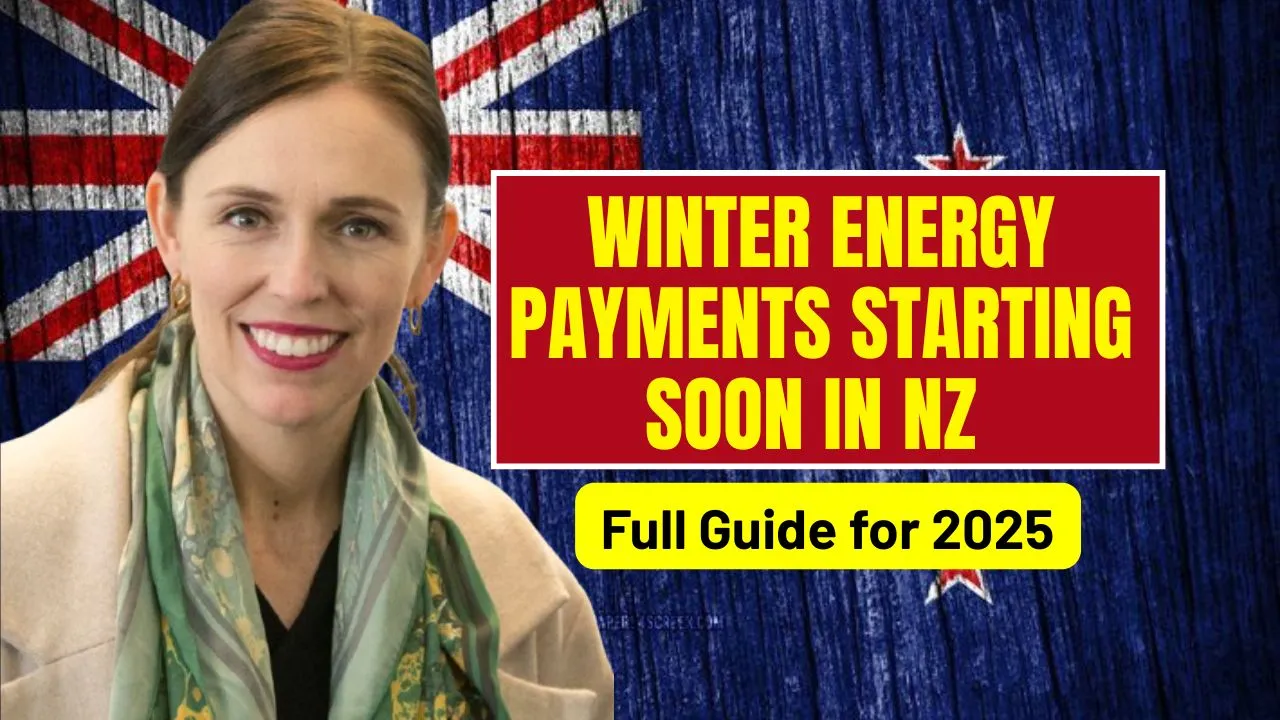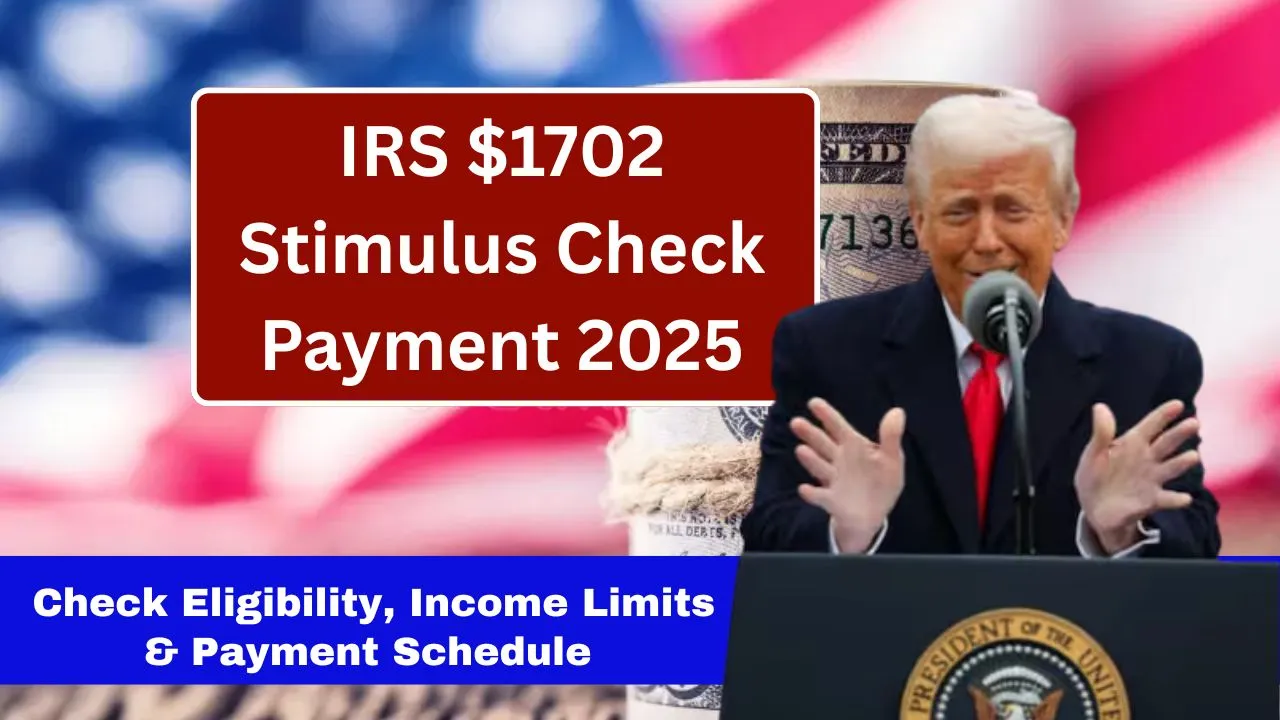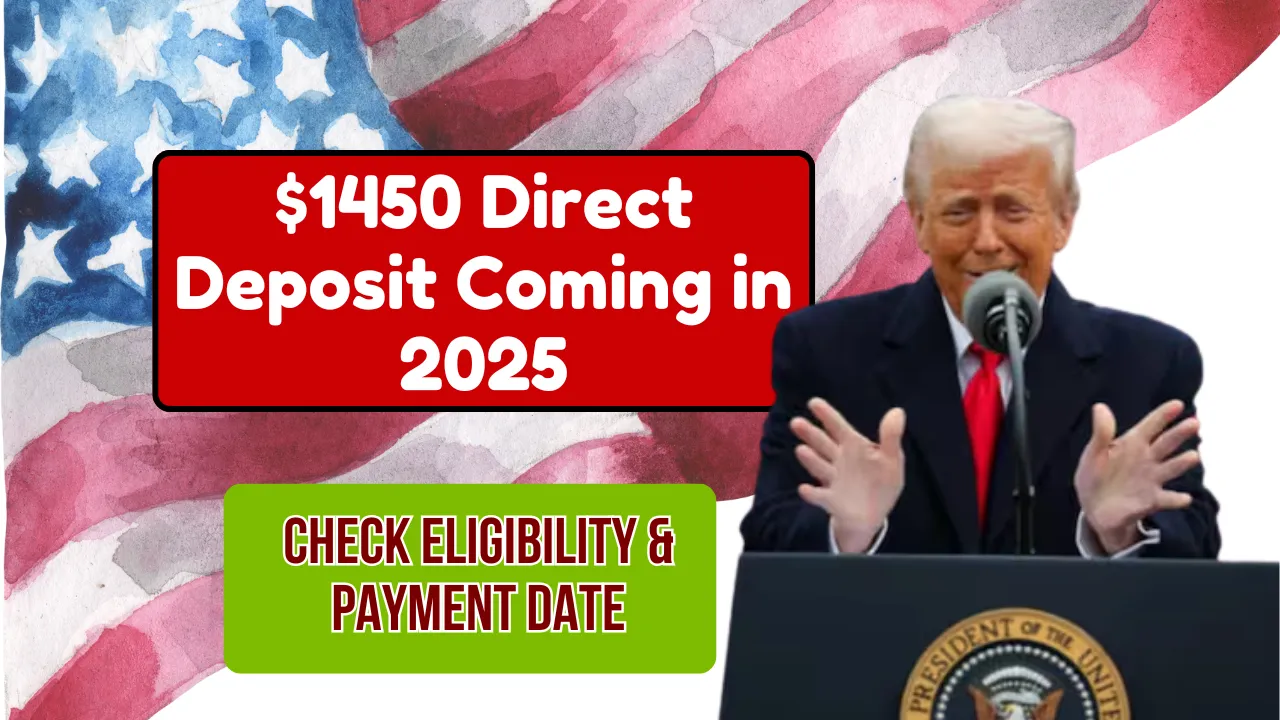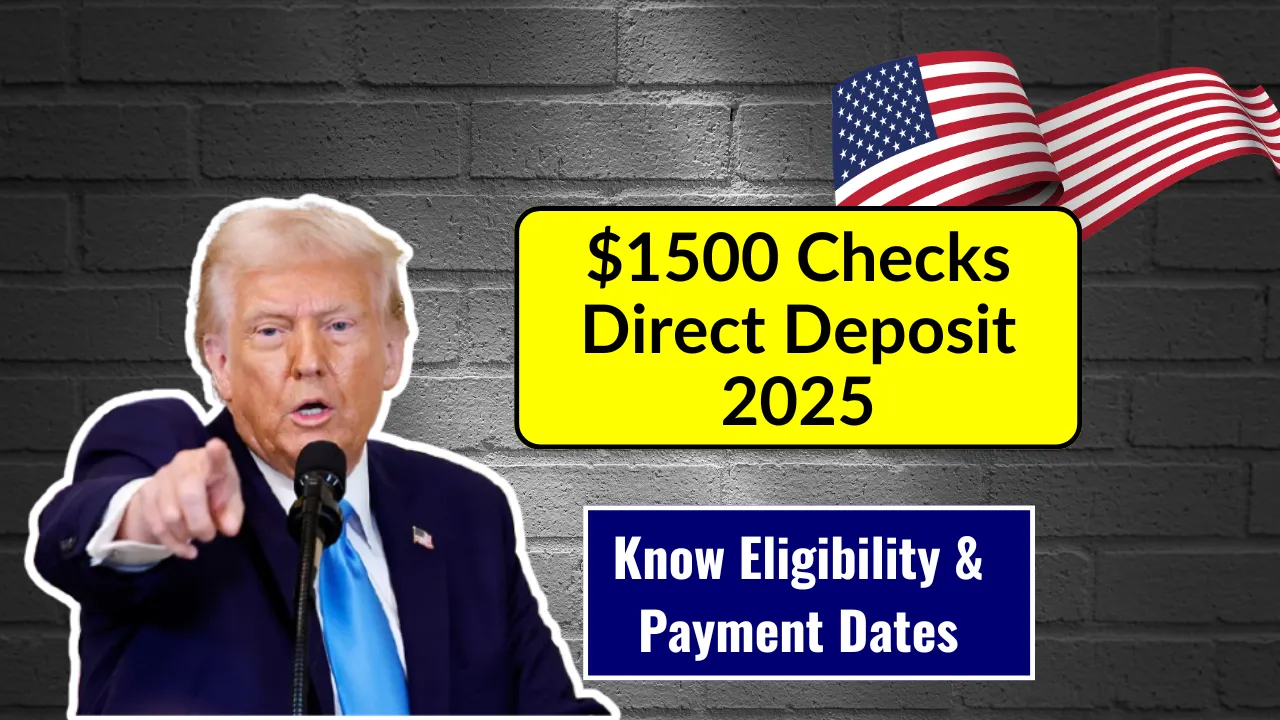Winter Energy Payment NZ 2025: As colder months approach, New Zealanders can expect a welcome boost with the return of the Winter Energy Payment NZ 2025. Set to begin on 1 May 2025, this annual government initiative is designed to support low-income individuals, retirees, and families with the added cost of heating. Running through to 1 October 2025, the payment arrives automatically each week for those receiving eligible benefits.
The Winter Energy Payment NZ 2025 provides consistent, tax-free financial support that helps Kiwis manage power bills during the winter season. There’s no need to apply separately, making it an easy and efficient way for eligible households to stay warm without additional financial stress. In this guide, we’ll break down who qualifies, how much you’ll receive, and everything you need to know for 2025.
Winter Energy Payment NZ 2025
| Detail | Information |
| Start Date | 1 May 2025 |
| End Date | 1 October 2025 |
| Eligibility | NZ Super, Jobseeker, Sole Parent, Supported Living, etc. |
| Payment Type | Weekly, tax-free, automatic top-up |
| Single Rate (No children) | $20.46 per week |
| Couples or Families | $31.82 per week |
| Application Required | No – paid automatically with your regular benefit |
| Opt-Out Option | Yes, via MyMSD or Work and Income |
| Not Considered as Income | Yes, does not affect other benefit entitlements |
Who Qualifies for the Winter Energy Payment in 2025?
Eligibility for the Winter Energy Payment NZ 2025 is tied to your current benefit status. If you receive one of the following government payments, you’ll likely receive the energy payment automatically:
- NZ Superannuation
- Veteran’s Pension
- Jobseeker Support
- Sole Parent Support
- Supported Living Payment
- Youth Payment or Young Parent Payment
You may also qualify if you receive an overseas pension that affects your NZ Super. However, if you travel overseas for more than four weeks, your payment may be paused during your absence. Similarly, those who are hospitalised or incarcerated for more than 13 weeks may see temporary interruptions in their payments.
Winter Energy Payment Rates 2025: How Much Will You Get?
The payment amounts for 2025 remain unchanged from previous years, offering simple and steady assistance across the five-month cold season:
- $20.46 per week for singles with no dependent children
- $31.82 per week for couples or people with dependent children
These weekly amounts are non-taxable and do not count as income, so they will not reduce or affect your existing benefit entitlements.
Why the Winter Energy Payment Matters in 2025
With inflation still affecting the cost of living, the Winter Energy Payment NZ 2025 is crucial for those who might otherwise struggle with heating costs. The upcoming winter is expected to bring colder-than-usual temperatures, and electricity and gas bills often rise during this time. For many, especially the elderly, disabled, and families with young children, keeping warm isn’t optional—it’s essential.
This support plays an important role in reducing energy poverty, a growing issue in New Zealand where families are forced to choose between heating and other basic needs. By offering consistent weekly top-ups, the government ensures that vulnerable Kiwis can heat their homes safely and affordably.
How to Confirm If You’re Getting the Winter Payment
You don’t need to apply for the Winter Energy Payment NZ 2025 if you’re already receiving a qualifying benefit. The payment will be automatically added to your usual weekly benefit starting from 1 May 2025.
To confirm your eligibility or track your payment:
- Log in to your MyMSD account
- Call Work and Income New Zealand (WINZ)
- Check your bank statements on or after your regular payment date
You can also opt out of receiving the payment if you feel you don’t need it. This must be done manually through your MyMSD account or by contacting Work and Income. Remember, opting out is not permanent and needs to be repeated every year if you choose not to receive it.
Also, if your living situation changes—such as moving in with a partner—your payment rate might change from the single rate to the couple rate. Always update your personal details with MSD to avoid issues.
How the Winter Energy Payment Fits Into Cold Weather Support
The Winter Energy Payment NZ 2025 is just one part of a broader system of cold weather support available in Aotearoa. It works alongside:
- Warmer Kiwi Homes programme – offering free insulation and heating for eligible homeowners
- Insulation grants – for those upgrading their homes
- Energy saving tips and resources – shared by agencies and community groups
By combining financial support with long-term housing improvements, the government aims to reduce winter hardship in a sustainable way. Kiwis are also encouraged to adopt smart heating practices, such as using curtains to retain heat and investing in energy-efficient appliances.
FAQs
When does the Winter Energy Payment start in 2025?
It starts on 1 May 2025 and continues until 1 October 2025.
Who gets the Winter Energy Payment automatically?
Anyone receiving NZ Super, Veteran’s Pension, Jobseeker Support, Sole Parent Support, or other qualifying benefits will get it automatically.
Can I get the payment if I travel overseas?
Yes, but only if your trip is under four weeks. If you’re away longer, the payment will be paused.
Can I opt out of the Winter Energy Payment?
Yes. You can opt out through your MyMSD account or by contacting Work and Income NZ. Opt-outs must be done each year.
Is the Winter Energy Payment considered income?
No. It’s tax-free and not counted as income, so it doesn’t affect other benefits or taxes.
Final Thought
The Winter Energy Payment NZ 2025 is a valuable resource for Kiwis who need extra support during the colder months. With energy costs remaining high and winter temperatures dropping, this weekly top-up helps keep homes warm and families safe. It’s automatic, simple, and well-timed—offering real relief when it matters most. Be sure to check your details are up to date, and if needed, reach out to Work and Income for any clarifications.








